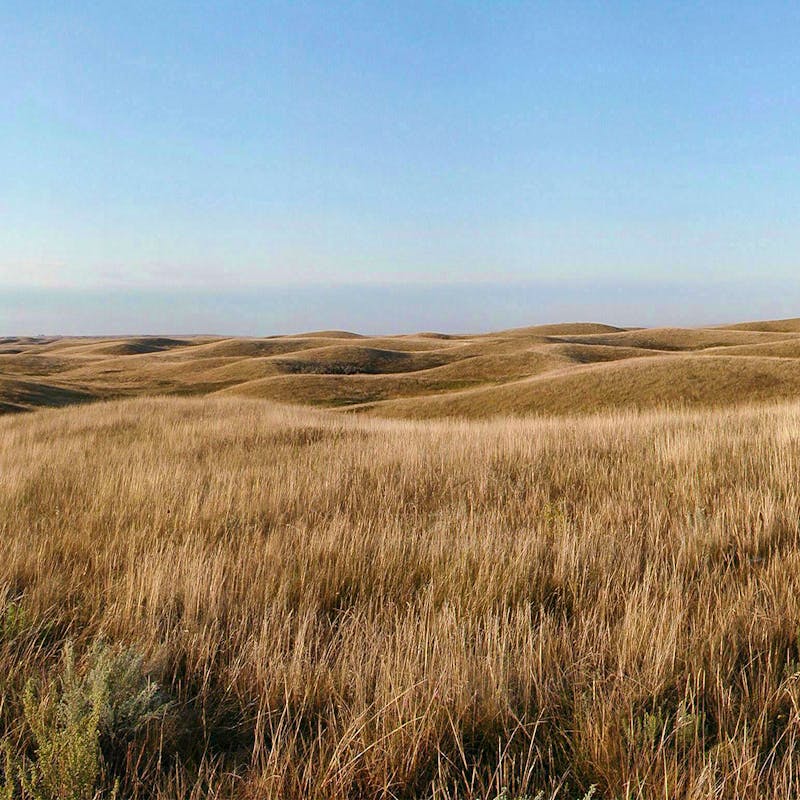Tweet“Today’s ruling is a significant victory for gray wolves and for all those who value nature and the public’s role in protecting these amazing creatures. Restoring federal protections means that these vitally important animals will receive the necessary support to recover and thrive in the years ahead.”
Senior U.S. District Court Judge Jeffrey White ruled today that the U.S. Fish and Wildlife Service (FWS) prematurely removed federal Endangered Species Act protections for gray wolves in most of the Lower 48 states last year. The decision will restore protections for thousands of wolves.
“Today’s ruling is a significant victory for gray wolves and for all those who value nature and the public’s role in protecting these amazing creatures,” said Jamie Rappaport Clark, CEO and president at Defenders of Wildlife. “Restoring federal protections means that these vitally important animals will receive the necessary support to recover and thrive in the years ahead.”
“Wolves need federal protection, period,” said Kristen Boyles, attorney at Earthjustice. “The Fish and Wildlife Service should be ashamed of defending the gray wolf delisting, and it should take immediate action to restore Endangered Species Act protections to all gray wolves, including those in Idaho, Wyoming, and Montana.”
Over the past decade, a series of federal government decisions eliminated federal protections for gray wolves. Protections were previously removed for wolves in the northern Rocky Mountains and in November 2020, FWS announced its decision to remove federal protections for gray wolves throughout the remaining Lower 48 states, despite a dearth of scientific evidence to justify the move. The decision, which took effect on January 4, 2021, affected gray wolves in at least 44 states, most prominently in the western Great Lakes, the central Rockies and Pacific Coast. The removal of protections had immediate consequences for wolves, leaving them vulnerable to hunting, trapping, poisoning and other lethal measures.
By restoring these protections, gray wolves will be able to reinhabit parts of their historic range across the United States. As wolves are top predators, their expansion will have major ecological benefits. Predation by wolves regulates deer and elk populations, protecting plants from over-browsing, thereby improving habitats for other wildlife such as songbirds, beaver, and fish. Wolves also promote the health of elk and deer herds by preying on sick and diseased animals.
Despite these renewed protections, Defenders of Wildlife will continue to work with livestock producers, ranchers, and others sharing the landscape with wolves to implement strategies to reduce wolf-livestock conflicts. For decades, Defenders has engaged in collaborative relationships with tribal partners, wildlife biologists, and ranchers to promote coexistence programs that help protect wolves and support agricultural goals. Coexistence measures – like range riders, electric fencing and strategic grazing practices – are essential tools in protecting and restoring wolves.
For over 75 years, Defenders of Wildlife has remained dedicated to protecting all native animals and plants in their natural communities. With a nationwide network of nearly 2.1 million members and activists, Defenders of Wildlife is a leading advocate for innovative solutions to safeguard our wildlife for generations to come. To learn more, please visit https://defenders.org/newsroom or follow us on X @Defenders.
Media Contact
News

Department of Interior’s “Emergency Declaration” Suppresses Public Input and Strips Safeguards for Endangered Species




